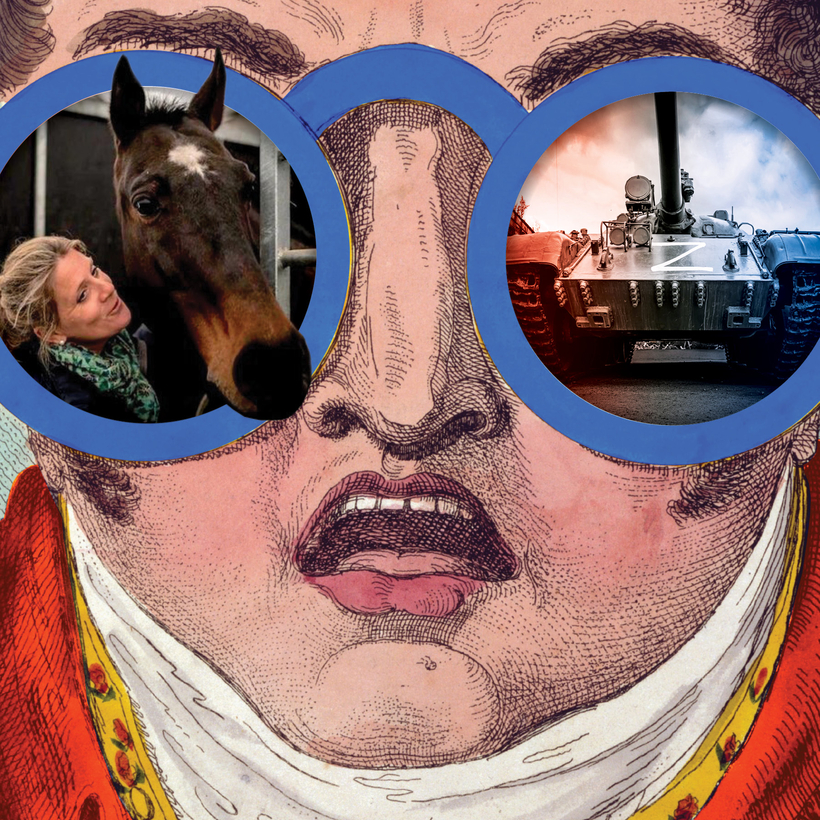As the invasion of Ukraine began last February, Charlotte Thornycroft was organizing events for the Queen’s Platinum Jubilee celebrations at Windsor Castle later that year. A former assistant to Saudi prince Khalid bin Abdullah, the late racehorse owner of Juddmonte Farms, she remembers being horrified not only by the plight of the Ukrainian people but by that of the country’s abandoned horses. Despite having no experience working in a war zone, Thornycroft felt compelled to help. So, for the last year, she has been running a horse shelter in Rzeszow, Poland, that has already provided refuge for more than 300 horses from Ukraine.
Initially it was a temporary stabling structure that housed the horses before they were transported to different parts of Europe. However, due to the sheer number of animals arriving, along with the stringent regulations on transporting animals across Europe, the facility was soon transformed into a permanent shelter.

